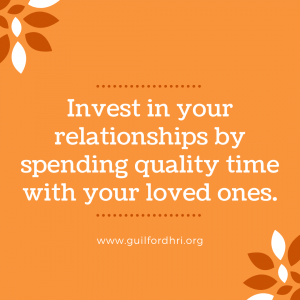
Setting clear ground rules and establishing routines promotes structure and stability for your kids. When your kids know what to expect, it is easier to get things done, enforce discipline, and promote healthy interactions within your family.
Whenever possible, try and create a regular routine to help with daily tasks. This may look like establishing morning, bedtime, after school, and meal time routines. When your kids have a clear plan, they will know what to expect, which can lead to more structure and organization, making daily tasks easier for you to manage as a parent.
In addition to establishing regular routines, setting clear ground rules can help reduce chaos and stress as a parent and lead to more consistent and effective discipline. Sit down with your kids to create ground rules that everyone feels comfortable with and is willing to agree upon. Try to keep the rules as simple as possible, as they will be easier to remember, and your kids will be more likely to follow them consistently. Having a predetermined set of rules that everyone has already agreed upon can make discipline easier for you as a parent, while also helping your kids learn how to make positive choices.









